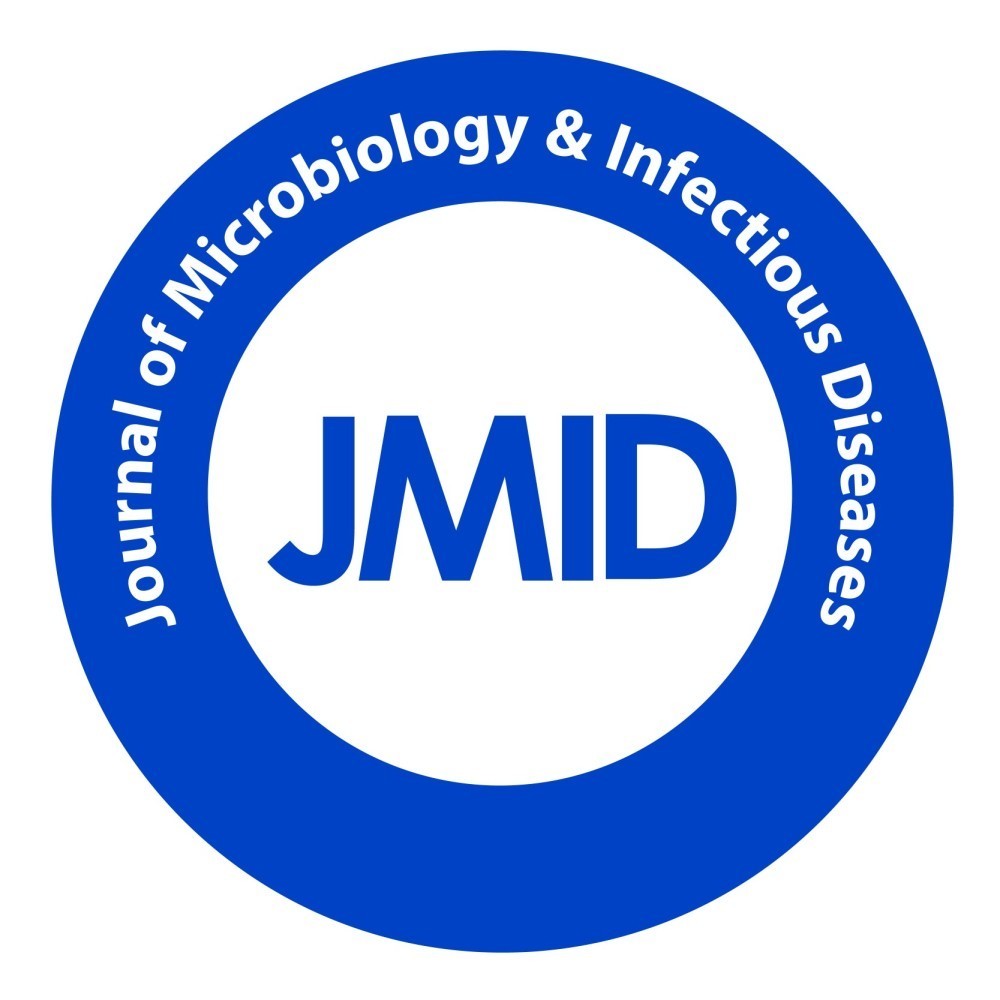
| Review Article | ||||||||||||||||||||||||||||||
J Microbiol Infect Dis. 2014; 4(4): 170-176 Persistent Colonization of Helicobacter pylori in Human Gut induces gastroduodenal diseases. Animesh Sarker.
| ||||||||||||||||||||||||||||||
| How to Cite this Article |
| Pubmed Style Animesh Sarker. Persistent Colonization of Helicobacter pylori in Human Gut induces gastroduodenal diseases.. J Microbiol Infect Dis. 2014; 4(4): 170-176 . doi:10.5799/jmid2014.04.0164 Web Style Animesh Sarker. Persistent Colonization of Helicobacter pylori in Human Gut induces gastroduodenal diseases.. https://www.jmidonline.org/?mno=302657372 [Access: November 11, 2025]. doi:10.5799/jmid2014.04.0164 AMA (American Medical Association) Style Animesh Sarker. Persistent Colonization of Helicobacter pylori in Human Gut induces gastroduodenal diseases.. J Microbiol Infect Dis. 2014; 4(4): 170-176 . doi:10.5799/jmid2014.04.0164 Vancouver/ICMJE Style Animesh Sarker. Persistent Colonization of Helicobacter pylori in Human Gut induces gastroduodenal diseases.. J Microbiol Infect Dis. (2014), [cited November 11, 2025]; 4(4): 170-176 . doi:10.5799/jmid2014.04.0164 Harvard Style Animesh Sarker (2014) Persistent Colonization of Helicobacter pylori in Human Gut induces gastroduodenal diseases.. J Microbiol Infect Dis, 4 (4), 170-176 . doi:10.5799/jmid2014.04.0164 Turabian Style Animesh Sarker. 2014. Persistent Colonization of Helicobacter pylori in Human Gut induces gastroduodenal diseases.. Journal of Microbiology and Infectious Diseases, 4 (4), 170-176 . doi:10.5799/jmid2014.04.0164 Chicago Style Animesh Sarker. "Persistent Colonization of Helicobacter pylori in Human Gut induces gastroduodenal diseases.." Journal of Microbiology and Infectious Diseases 4 (2014), 170-176 . doi:10.5799/jmid2014.04.0164 MLA (The Modern Language Association) Style Animesh Sarker. "Persistent Colonization of Helicobacter pylori in Human Gut induces gastroduodenal diseases.." Journal of Microbiology and Infectious Diseases 4.4 (2014), 170-176 . Print. doi:10.5799/jmid2014.04.0164 APA (American Psychological Association) Style Animesh Sarker (2014) Persistent Colonization of Helicobacter pylori in Human Gut induces gastroduodenal diseases.. Journal of Microbiology and Infectious Diseases, 4 (4), 170-176 . doi:10.5799/jmid2014.04.0164 |









